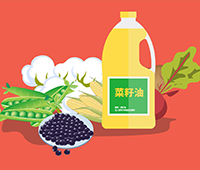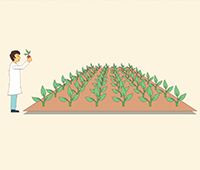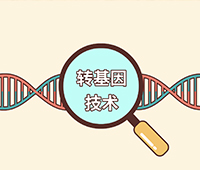据了解,这种食品酶是由非转基因地衣芽孢杆菌菌株NZYM-CX生产的,旨在用于八种食品生产过程:加工谷物和其他谷物以生产酿造产品;加工乳制品以生产改良的乳蛋白和调味制剂;加工源自植物和真菌的产品,以生产基于植物的牛奶和奶制品类似物、蛋白质水解产物和来自藻类的食用油;加工肉类和鱼类产品以生产蛋白质水解产物;酵母和酵母产品加工。
经过评估,专家小组认为,在预期的使用条件下,不能排除饮食暴露引起过敏反应的风险,特别是对甜瓜或石榴过敏的个体,但不会超过食用这些食品的风险。根据所提供的数据,评估小组得出结论,这种食品酶在预期使用条件下不会引起安全问题。部分原文报道如下:
The food enzyme subtilisin (EC 3.4.21.62) is produced with the non-genetically modified Bacillus licheniformis strain NZYM-CX by Novozymes A/S. The production strain met the requirements for the qualified presumption of safety (QPS) approach. The food enzyme is intended to be used in eight food manufacturing processes: processing of cereals and other grains for the production of brewed products; processing of dairy products for the production of modified milk proteins and flavouring preparations; processing of plant- and fungal-derived products for the production of plant-based analogues of milk and milk products, protein hydrolysates and edible oils from algae; processing of meat and fish products for the production of protein hydrolysates; processing of yeast and yeast products. Since residual amounts of total organic solids (TOS) are removed in the production of edible oils from algae, dietary exposure was calculated only for the remaining seven food manufacturing processes. Exposure was estimated to be up to 2.393 mg TOS/kg body weight (bw) per day in European populations. As the production strain qualified for the QPS approach and no issues of concern arose from the production process of the food enzyme, the Panel considered that toxicological studies were unnecessary. A search for the similarity of the amino acid sequence of the food enzyme to known allergens was performed, and a total of 20 matches were found, 17 to respiratory allergens, two to food allergens (found in muskmelon and pomegranate) and one to a contact allergen. The Panel considered that the risk of allergic reactions upon dietary exposure to this food enzyme cannot be excluded, especially in individuals sensitised to muskmelon or pomegranate, but would not exceed the risk of consuming these foods. based on the data provided, the Panel concluded that this food enzyme does not give rise to safety concerns under the intended conditions of use.
本文由食品伙伴网食品资讯中心编辑,有任何疑问,请联系news@foodmate.net。







